



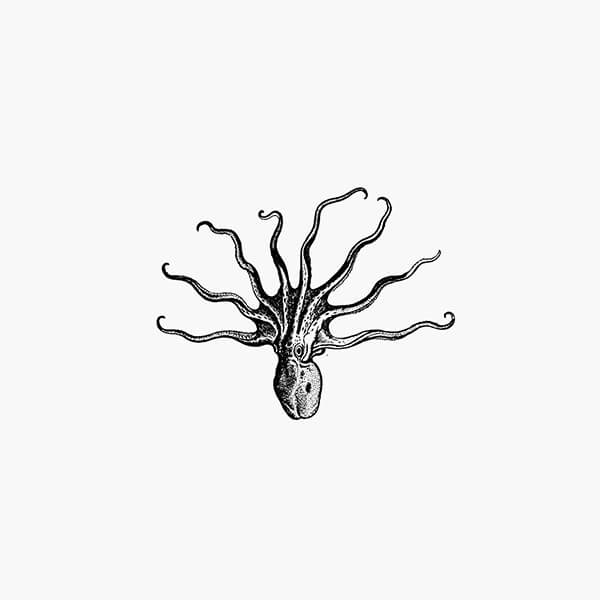
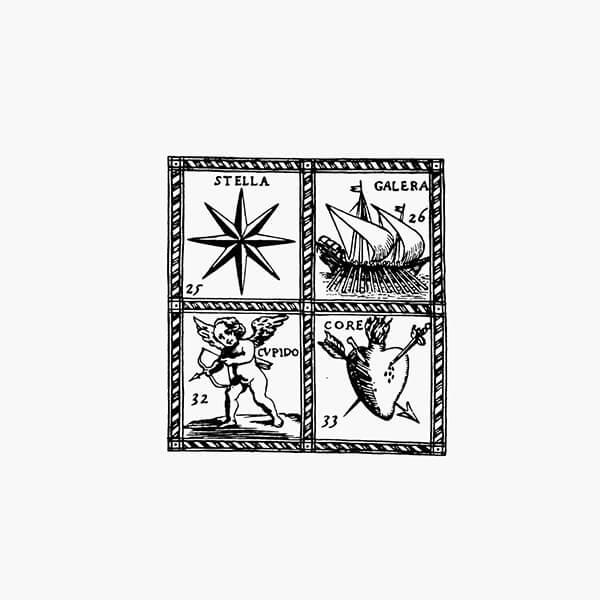






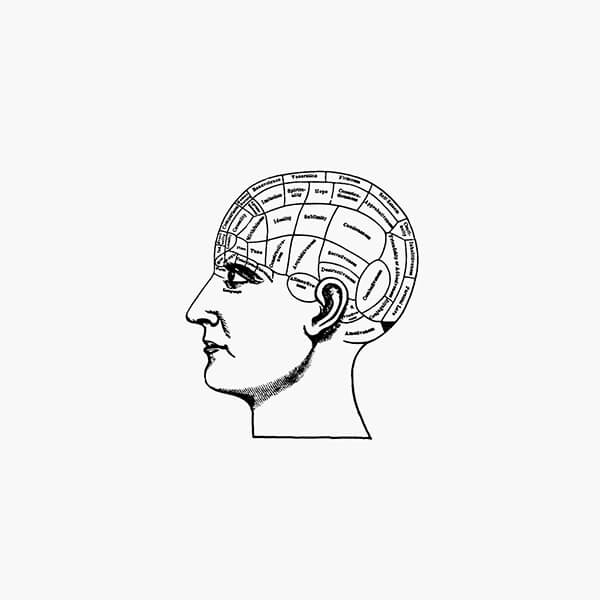






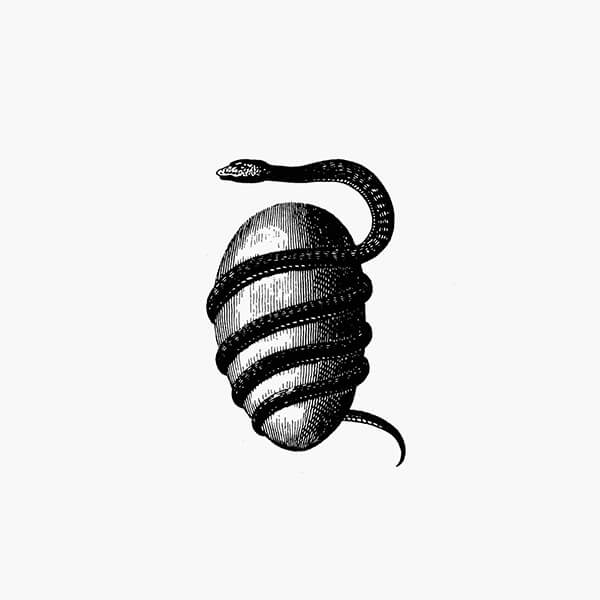






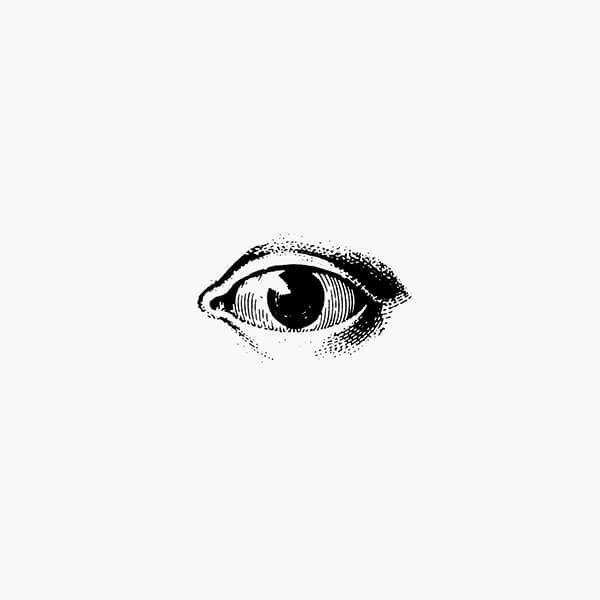

Library of Babel
10340 Lo specchio che fugge
Giovanni Papini. Edited and with an introduction by Jorge Luis Borges
1975 I ed. .
Language: Italian
The visionary Papini that Borges brings to the fore is a surprise for the Italian public, with stories coming from a time when man lingered in melancholy and twilight. Melancholy and twilight that have not disappeared.
Papini was a poet to the core and his heroes, with their many names, are projections of his ego. Due immagini in una vasca (Two images in a tub) renews the legend of the double. Storia completamente assurda (Totally Absurd Story) diverges from its own title. Una morte mentale (A mental death) explains a personal suicide method. L’ultima visita al Gentiluomo Malato (The Last Visit to the Sick Gentleman) presents in an intimate, new and sad way the age-old suspicion that the world is nothing but the dreams of a secret dreamer. Non voglio più essere quello che sono (I no longer want to be what I am) is the perfect expression of a longing that all men have felt and no one has ever written about. Chi sei? (Who are you?) relates the excruciating awareness that we are nobody beyond our circumstances and beyond the illusory sense of certainty that others, who in turn are nobody too, give us. Un’altra scoperta (Another discovery), that of the anonymous, generic individual that is the common man, awaits us in Il mendicante di anime (The Beggar of Souls). Il suicida sostituito (The Substituted Suicide) narrates the useless sacrifice of a man, who at the age of thirty-three voluntarily sacrificed his life for another. Two ideas come together in Lo specchio che fugge (The Vanishing Mirror): the idea of time coming to a standstill and the idea of our life thought of as an unfulfilled and endless series of eves. Il giorno non restituito (The Unreturned Day) is another play on the theme of time, a nostalgic and anguished game, like all of Papini’s inventions.